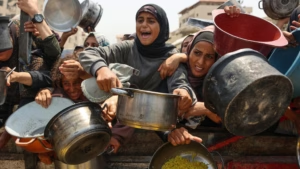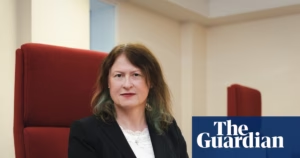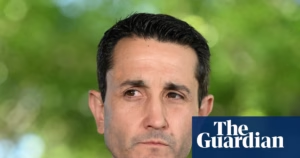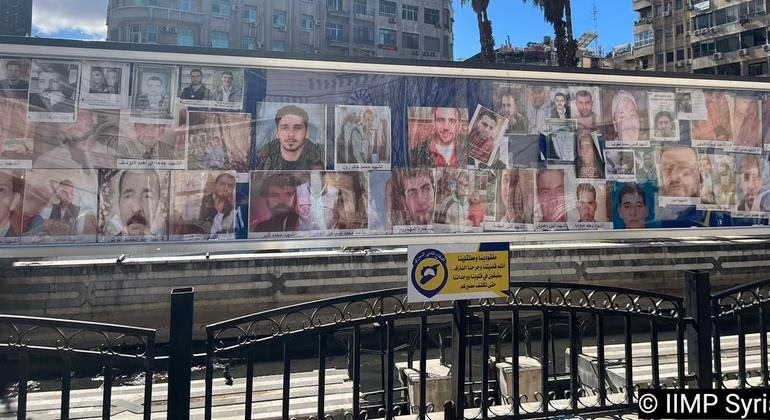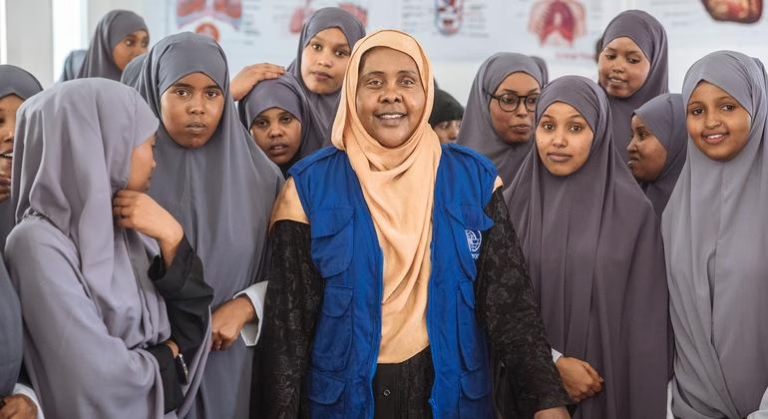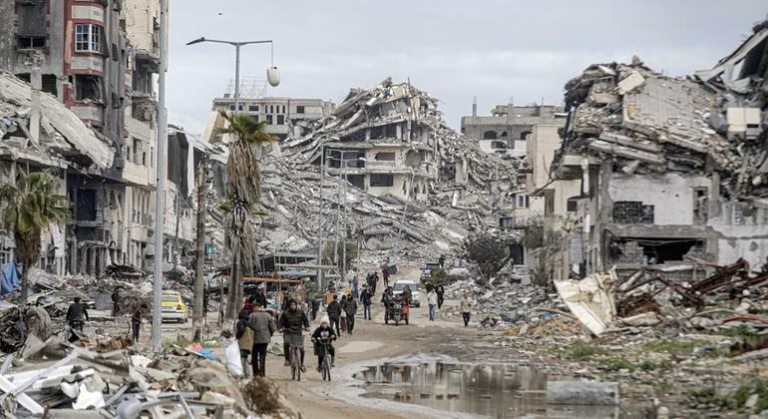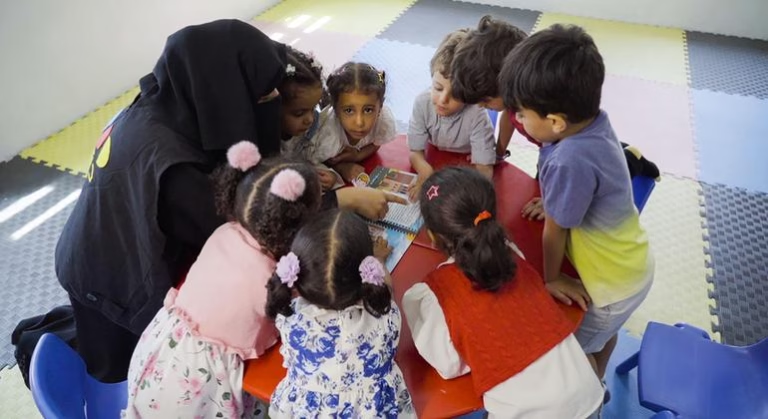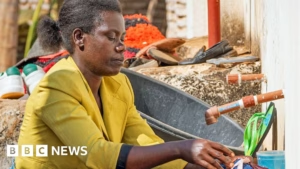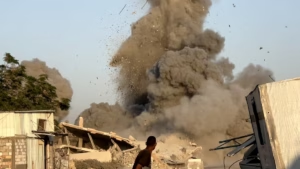
Additionally, these bodies are expected to shed light on systematic abuses, including arbitrary detention, torture, and widespread attacks that led to massive civilian casualties during the hostilities.
Syria is continuing on its path toward transition following the ousting of the Assad regime in December.
A Wave of Retaliatory Attacks
Mr. Pinheiro indicated that the power vacuum left by the dismissal of the armed forces and the security services, along with the lack of clarity regarding the new justice framework, led to a situation where victims of past abuses sought to take revenge into their own hands.
Retaliatory attacks observed in coastal regions in March and to a lesser extent in other areas, were partly in reaction to decades of systematic crimes committed by security forces with impunity, affecting all Syrians, he stated.
“Recently, sectarian tensions have been stoked by widespread hate speech and incitement against Alawis, both offline and online, including misinformation frequently originating from abroad,” he added.
Eyewitness Testimonies
The Commission conducted its latest visit to Syria and traveled to several locations on the coast where killings and looting occurred. The team consulted with various authorities, as well as eyewitnesses and victims’ families.
“Firsthand accounts by survivors of these incidents… detailed how residential areas were raided by armed groups, many of whom are members of factions now aligned with the State. They recounted how the attackers detained, mistreated, and executed Alawis,” he stated.
He recognized the interim authorities’ formation of a National Inquiry to investigate the violations and a High-Level Committee to Maintain Civil Peace. Furthermore, numerous suspected perpetrators have been arrested.
“Protecting civilians is vital to prevent further violations and crimes,” he said.
“We welcome President (Ahmed) al-Sharaa’s commitment to holding those responsible accountable to restore confidence in State institutions among the affected communities,” he added.
He also highlighted an attack on a Greek Orthodox church in Damascus last Sunday, emphasizing the need for authorities to safeguard places of worship and vulnerable communities, with perpetrators and facilitators held accountable.
Foreign Intervention
Mr. Pinheiro informed the Council that “the Syrian conflict has faced no lack of internal challenges and grievances, many of which were exacerbated by foreign interventions.”
Recent Israeli airstrikes near and in Damascus, including near the presidential palace, and strikes on military bases and weapons depots in various regions, resulting in civilian casualties, were highlighted.
“These actions raise serious concerns of violations of international human rights and humanitarian law as stated by UN Secretary-General (António) Guterres,” he remarked.
Millions in Need
Mr. Pinheiro reported that more than two million Syrians have returned home since December, including nearly 600,000 from neighboring countries and approximately 1.5 million internally displaced persons (IDPs).
“For the over seven million Syrians who remain displaced, significant property-related hurdles will need to be addressed in light of widespread destruction, looting, and seizure of homes and lands,” he noted.
Despite recent efforts to lift sectoral sanctions and attract new investments, nearly 16.5 million Syrians are still in need of humanitarian assistance, including three million facing severe food insecurity.
Mr. Pinheiro concluded by stating, “The interim authorities’ repeated commitments to protect the rights of all individuals and communities in Syria without any form of discrimination are encouraging and should be met with the necessary support from the international community.”
About the Commission
The Independent International Commission of Inquiry on the Syrian Arab Republic was established by the Human Rights Council in August 2011 to investigate all alleged violations of international human rights law since March 2011.
The Commission is comprised of Mr. Pinheiro and Commissioners Hanny Megally and Lynn Welchman.
They are not UN staff and do not receive any payment for their work.
Source: https://news.un.org/feed/view/en/story/2025/06/1165066

